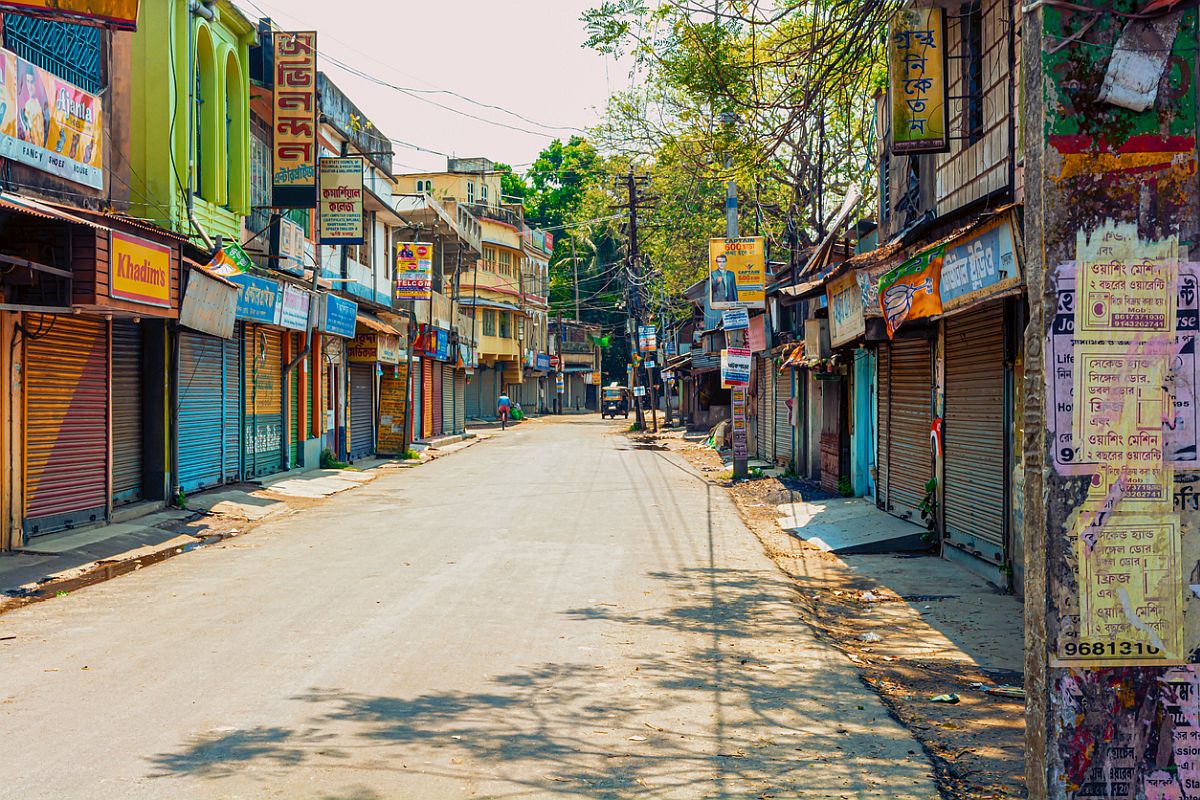Netflix drops the chilling teaser of psychological thriller ‘Revelations’
Netflix has dropped a spine-chilling and high-stakes teaser for its upcoming psychological Korean film, ‘Revelations.’
Bengal sees 13K fresh Covid cases

(Photo: iStock)
The West Bengal government extended the existing restrictions to contain the spread of Covid-19 in the state till 15 June.
The restrictions that are in place from 16 May to 30 May will now continue for another 15 days.
Advertisement
“Our Covid cases are slowly decreasing so we will continue the restrictions till 15 June. We are not calling this a lockdown or curfew. It is just that some restrictions have been imposed such that Covid is controlled but the economy is not hampered. Like already announced markets will remain open from 7 to 10 a.m. but complete restriction on movement will continue from 9 p.m. to 5 a.m,” Miss Banerjee told media persons.
Advertisement
Bengal on Thursday registered 13,046 fresh Covid19 cases, the lowest such figure since the last week of April, and 148 deaths. Kolkata saw 1,489 cases and 32 deaths in the last 24 hours. Miss Banerjee said the jute industry has been given a further relaxation so that mills can operate with 40 per cent instead of 30 per cent strength.
She said construction workers too can be allowed to work, provided their agency first conducts vaccination for them. All restrictions for combating Covid that are currently in place will continue. Offices, industries and transport sector, including metros will remain suspended.
Only emergency services and home delivery will be allowed Retail shops and bazaars relating to groceries will be allowed to remain open between 7 a.m. to 10 a.m. Sweet shops will function between 10 a.m. and 5 p.m, jewellery and saree shops between 12 to 3 p.m. Medicine shops, optical stores and petrol pumps will stay open and banks will function between 10 a.m. to 2 p.m. ATMs will remain operational.
MHA guidelines:The Centre has directed states and Union territories to continue the ongoing Covid19 guidelines till June 30 and asked them to go for intensive and local containment measures in districts with a high number of cases.
Advertisement